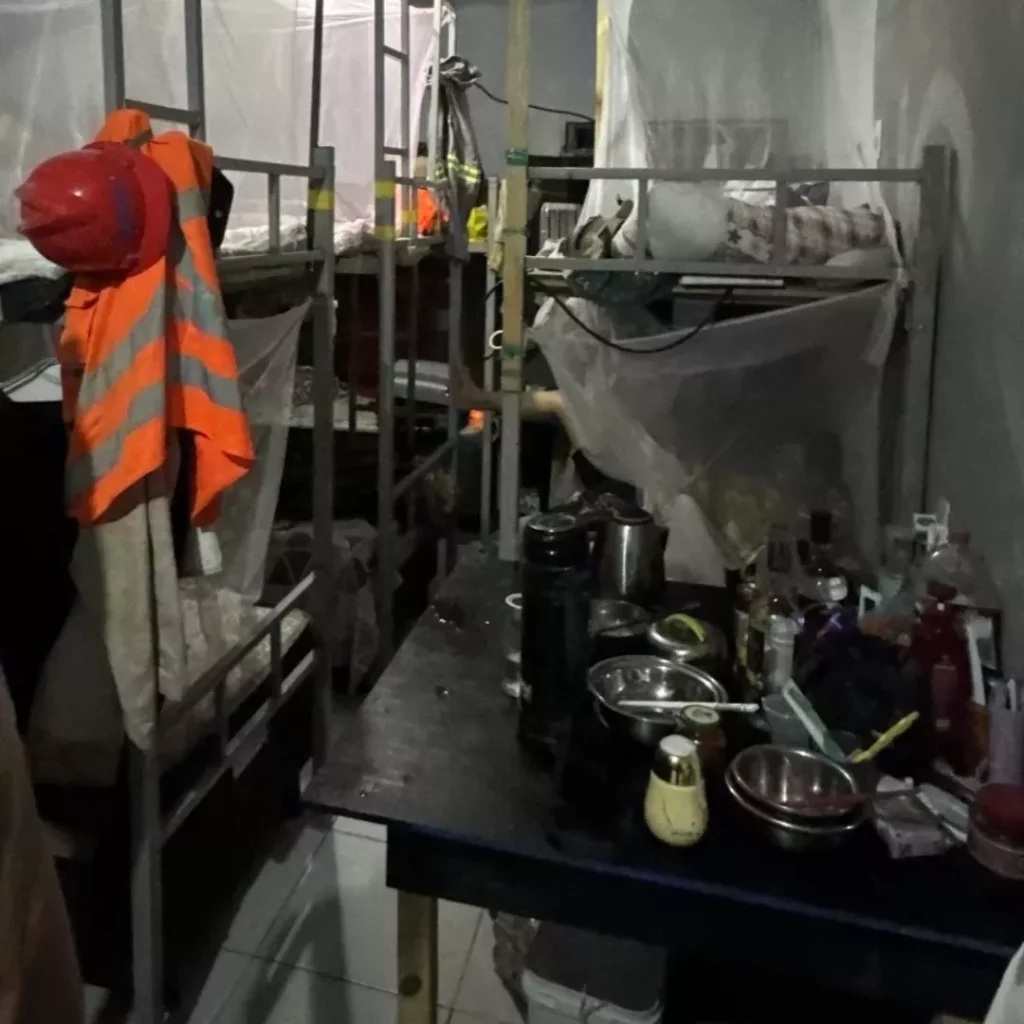

- Labor prosecutors in Brazil have accused BYD and two contractors of human trafficking.
- Many workers allegedly had their passports seized, and 70% of their wages withheld.
- Just one toilet was allegedly available for every 31 workers at the factory site.
The global auto industry has a habit of brushing off controversies with polished press statements and a confident shrug, but things are getting harder to ignore in Brazil . Five months after local authorities said they discovered foreign workers building a new BYD factory living in conditions they likened to modern slavery, prosecutors have filed a lawsuit against the Chinese automaker.
The suit accuses BYD of human trafficking, and it’s not a small claim, as the country’s top prosecutors are seeking roughly $45 million in damages.
Read: Brazil Halts BYD Visas Over Alleged Slave-Like Conditions At Construction Site
The case doesn’t stop with BYD. Brazilian labor prosecutors have also named JinJiang and Tecmonta, two contractors working on the site, as co-defendants. In addition to financial compensation, prosecutors want each of the affected workers to receive individual restitution. They’re also pushing for court-mandated labor law compliance from all three companies. If that doesn’t happen, they’ve built in financial penalties for every violation, with fines starting at around $8,800 per infraction.
Wages Withheld, Passports Seized
“In December last year, 220 Chinese workers were found to be in conditions analogous to slavery and victims of international human trafficking,” prosecutors said. They described the living conditions as “extremely degrading.”
Prosecutors claim that the BYD workers were brought to Brazil to build the factory without the proper visas. Additionally, their employers withheld up to 70% of their wages and imposed high contract termination costs. Many workers also had their passports taken away, effectively preventing them from leaving.
Overcrowded Housing and Poor Sanitation

Initial reports also described the living conditions authorities said they found at the construction site. Workers were allegedly packed into dorms so tight there was hardly room to lie down. There were no mattresses, minimal cooking facilities, and sanitation was described as severely lacking. At one point, there was reportedly just one toilet shared among 31 people.
Speaking with Al Jazeera, deputy labor prosecutor Fabio Leal emphasized the strength of the case. “Our lawsuit is very well-founded, with a substantial amount of evidence provided during the investigation process.” According to Leal, all of the workers found in December have been returned to China.
BYD has denied the accusations, claiming that it’s committed to upholding human rights and respects both Brazilian and international labor protections. It also states that it has been cooperating with local labor prosecutors. According to Leal, discussions between the companies and the labor ministry took place in late December, but no agreement was reached.


